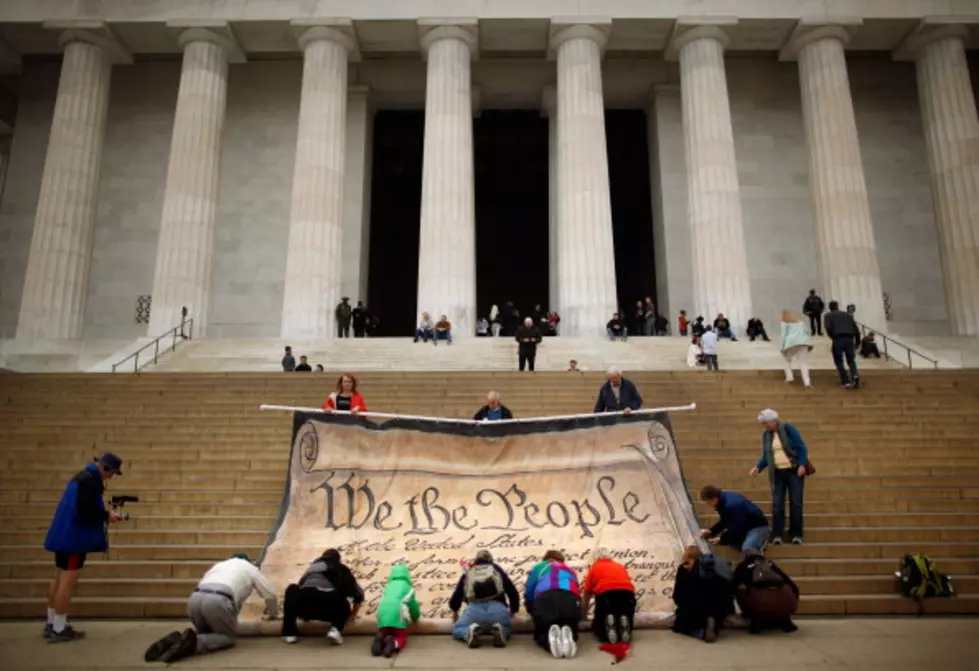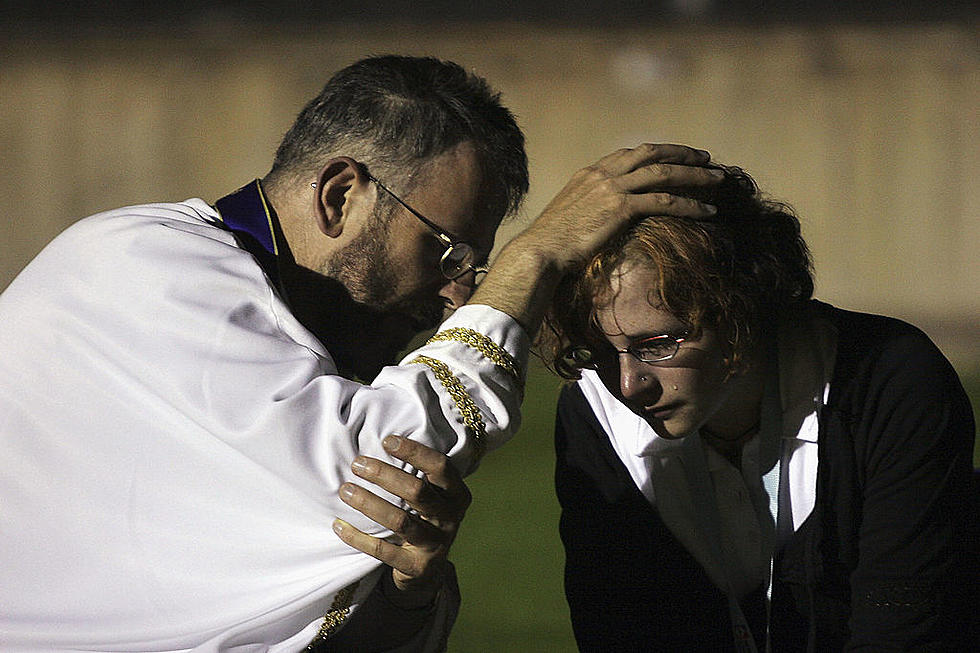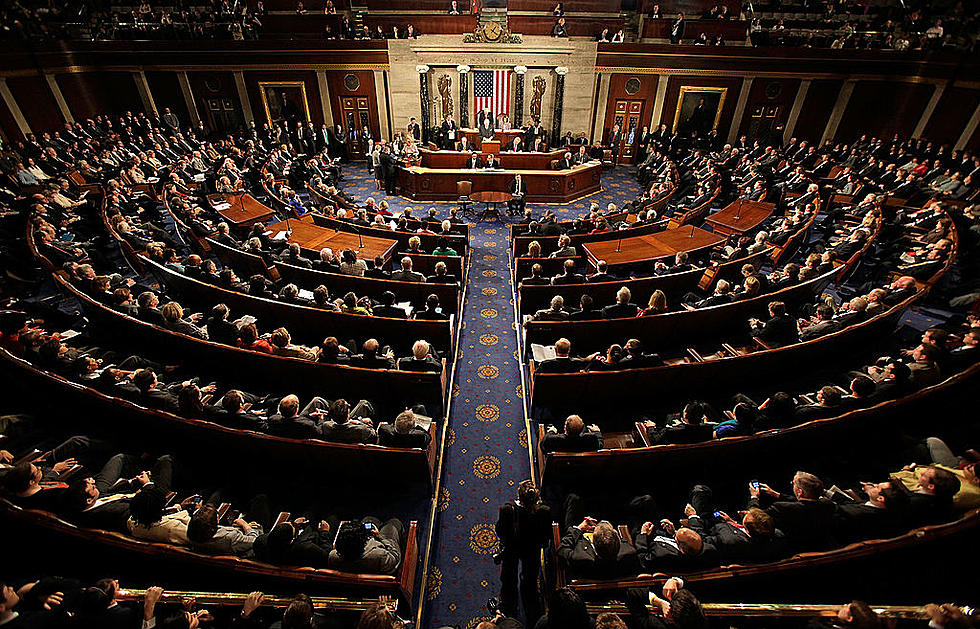
14th Amendment Birthright Citizenship – Noble or No More
Here's a question for you to consider. Is the 14th amendment (birthright citizenship) - as the Boston Globe's Jeff Jacoby writes - "one of the Republican Party’s noblest achievements?" -OR- Was it simply the right thing to do at the right time to clean up the mess that the end of slavery left behind?
It's a reasonable question to ask and we talked about it on the Morning News because the President is suggesting we should end the practice - and a high profile conservative writer is saying we shouldn't. Where do you stand?
Mr.Jacoby calls it "noble" as defined by an on-line dictionary as high-minded & magnanimous ...High-minded implies having consistent elevated principles...Magnanimous suggests greatness of mind or soul, especially as manifested in generosity
The question boils down to this -Should the children of people who are in the country illegally be automatic citizens?
The citizenship provision of the 14th Amendment in 1868 reconstructionist America made sense. It wasn't noble to insure that former slaves and the children of former slaves were considered as and protected as full citizens of the United States. It was the moral and right thing to do. 1860's black Americans WERE here legally and through no intent of their own.
Let's be honest. There is a major and less than noble difference between righting the wrongs of a hundred years of American history versus the opportunism and exploitation of America's generosity by so-called intentional anchor babies of today. Even legal birthright tourism makes little sense to a country 22-trillion dollars in debt.
Jeff Jacoby writes "The relevant clause provides that “all persons born or naturalized in the United States, and subject to the jurisdiction thereof, are citizens of the United States and of the State wherein they reside.” The reference to “jurisdiction” excludes children born to diplomats or to enemy troops; until 1924 it also excluded American Indians born on self-governing tribal lands. There are no other exceptions to birthright citizenship — just as the amendment’s drafters intended." --
True, there was no language limiting the citizenship provision to black Americans only. Was that an understandable 1868 oversight or a flash of nobility with a look 150 years into the future in mind?”
Some people like to say how the 14th amendment passed overwhelmingly in congress without telling you that support was part of the requirement for southern states to return to the union and regain their representation in congress in fact I don't believe Mr. Jacoby bothers to mention the nobility of that!
30 years later a Supreme Court case featured the son of Chinese parents who were living in America at the time of his birth. Jacoby points out the Chinese Exclusion Act meant the parents had been her illegally but that mattered little to the court. "the court ruled that a man born in America to Chinese parents was an American citizen — notwithstanding a racist US law that barred Chinese from entering the country or becoming naturalized citizens. The Constitution trumped the Chinese Exclusion Act, the court held. “In clear words and in manifest intent,” wrote Justice Horace Gray, the 14th Amendment guarantees citizenship to all “children born within the territory of the United States” — period."
But some periods do get erased. It's not often or easy because " American law operates under the doctrine of stare decisis, which means that prior decisions should be maintained -- even if the current court would otherwise rule differently -- and that lower courts must abide by the prior decisions of higher courts. The idea is based on a belief that government needs to be relatively stable and predictable."
That's reasonable but in truth the Supreme Court can overrule itself.
"This happens when a different case involving the same constitutional issues as an earlier case is reviewed by the court and seen in a new light, typically because of changing social and political situations. The longer the amount of time between the cases, the more likely this is to occur (partly due to stare decisis)."
So before you write off this entire conversation as just speculation and D.O.A., remember what the Supreme Court has done in recent years.
The Washington Post writes " in the 14 years since Chief Justice John Roberts was appointed in 2005, the court has reversed several major precedents involving constitutional rights. In 2010, the court allowed increased campaign spending, including spending by companies, on the grounds that contributions are protected speech (Citizens United). The court also ruled that there is a constitutional right to same-sex marriage. (Obergefell, 2015). More recently, the court said that unions can't require workers who don't join the union to pay dues, even if they’re covered under the union contract (Janus, 2018)."
The Janus decision overturned 40 years of precedent. So ending birthright citizenship could theoretically happen. Should it? I say yes. Where do you stand? Comment and let us know or call the show 972-5481 and let's chat.
More From News Talk KIT









